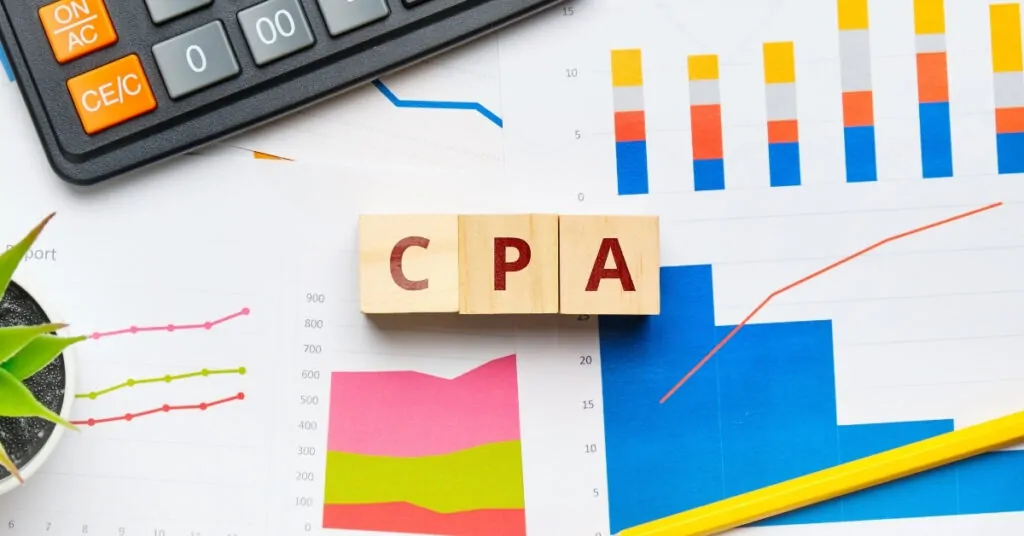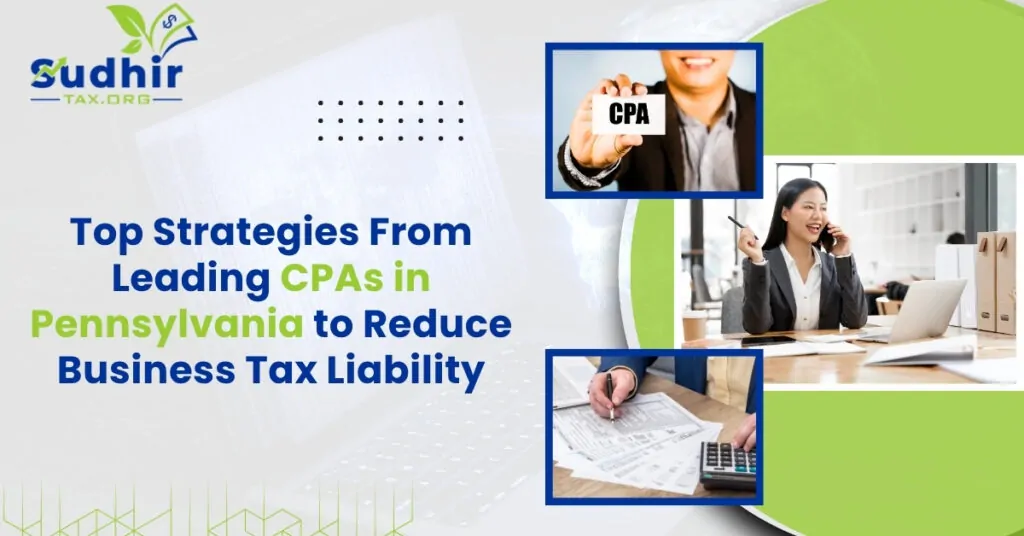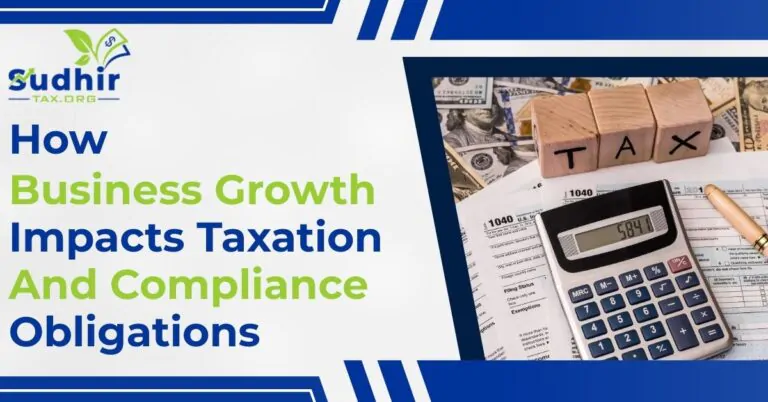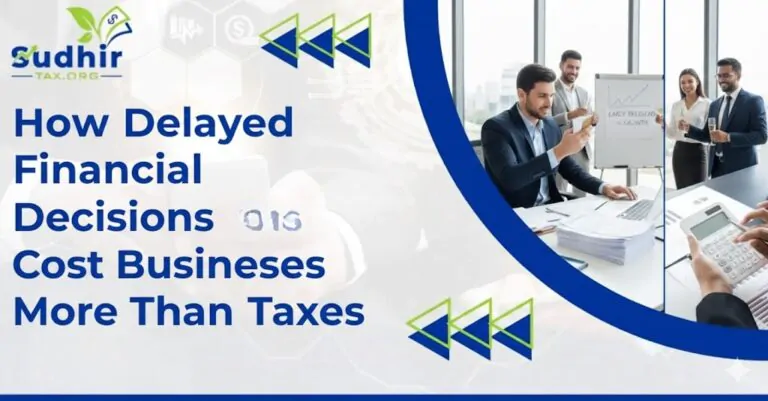Business owners in Pennsylvania often face the challenge of navigating complex tax regulations while keeping their liabilities as low as possible. Taxes are a significant expense for most businesses, and without careful planning, they can eat into profits and limit growth opportunities. This is why working with experienced CPAs in Pennsylvania becomes crucial, as they not only ensure compliance with tax laws but also design smart strategies to minimize tax obligations. Leading CPAs focus on both short-term tactics and long-term planning to give businesses a competitive financial advantage. By understanding deductions, credits, and structuring opportunities, Pennsylvania CPAs help entrepreneurs keep more of their hard-earned money and reinvest it back into their operations.
Table of Contents
ToggleLeveraging Business Structure for Tax Benefits
One of the first strategies CPAs in Pennsylvania recommend is reviewing the legal structure of a business. Whether it is a sole proprietorship, partnership, S corporation, C corporation, or LLC, the choice significantly impacts tax liability. For example, S corporations allow income to pass through to the owners’ personal tax returns, often avoiding double taxation. On the other hand, C corporations may benefit from lower federal corporate tax rates depending on profit levels. CPAs analyze each client’s revenue, expenses, and long-term goals to determine which structure minimizes taxes most effectively. In some cases, restructuring a business can yield significant tax savings over time.
Maximizing Deductions and Business Expenses
Another critical approach to reducing tax liability is ensuring that businesses take full advantage of allowable deductions. CPAs in Pennsylvania carefully review client expenses to ensure nothing is overlooked. Office supplies, rent, utilities, professional services, travel costs, and even certain meal expenses can be deducted when properly documented. For industries such as manufacturing or construction, deductions may extend to equipment purchases, repairs, and depreciation. Leading CPAs also educate business owners on separating personal and business expenses to avoid complications during audits. By maintaining accurate records and leveraging every legitimate deduction, businesses can substantially lower their taxable income.
Utilizing Tax Credits to Lower Liability
Tax credits directly reduce the amount of taxes owed, making them one of the most powerful tools for minimizing liability. Pennsylvania CPAs often explore both federal and state-level tax credits for businesses. For example, the federal Research and Development (R&D) Tax Credit rewards businesses that invest in innovation and product improvement. Additionally, energy efficiency credits are available to companies that upgrade facilities with environmentally friendly technology. On the state level, Pennsylvania offers specific programs for businesses that create jobs, invest in distressed areas, or engage in technology-driven projects. CPAs help identify which credits apply to a client’s business and guide them through the application process, ensuring maximum savings.
Strategic Use of Depreciation and Capital Expenditures
Depreciation is another area where CPAs in Pennsylvania add value. Instead of treating a large capital purchase as a single expense, depreciation allows businesses to spread the cost over several years. Section 179 of the Internal Revenue Code enables companies to deduct the full purchase price of qualifying equipment in the year it is placed into service, rather than waiting for gradual depreciation. Bonus depreciation rules also allow accelerated write-offs for specific assets. Leading CPAs evaluate the timing of purchases to align with business cash flow and tax goals, ensuring that companies get the greatest benefit from their capital investments.

Retirement Plans and Employee Benefits
Establishing retirement plans and employee benefit programs can reduce taxable income while improving employee satisfaction. Pennsylvania CPAs frequently recommend options such as 401(k) plans, SEP IRAs, or SIMPLE IRAs, which allow business owners and employees to contribute pre-tax income. These contributions not only reduce the employer’s taxable income but also build long-term wealth for both owners and staff. In addition, benefits such as health insurance contributions, tuition assistance, and commuter benefits may also qualify as deductible expenses. By strategically offering employee benefits, businesses can simultaneously lower taxes and strengthen their workforce.
Managing Cash Flow and Timing Income
Effective tax planning often involves managing the timing of income and expenses. CPAs in Pennsylvania guide businesses on whether it is more advantageous to accelerate expenses or defer income to reduce liability in a given tax year. For example, a business expecting higher profits in the next year might accelerate expenses in the current year to lower taxable income. Conversely, deferring certain expenses may be useful if lower profits are anticipated. These timing strategies require careful planning and accurate forecasting, which CPAs provide through detailed financial analysis.
State-Specific Strategies for Pennsylvania Businesses
Operating in Pennsylvania presents unique opportunities and challenges when it comes to taxation. CPAs with local expertise understand state-specific deductions, credits, and compliance requirements that businesses may overlook. Pennsylvania has programs such as the Keystone Innovation Zone (KIZ) Tax Credit, which incentivizes companies engaged in technology and innovation. Additionally, Pennsylvania businesses must navigate local tax obligations, including gross receipts taxes and local earned income taxes. CPAs help businesses remain compliant with these obligations while leveraging every opportunity to minimize their overall liability within the state.
Proactive Tax Planning and Year-Round Advisory
One mistake many businesses make is treating tax planning as a once-a-year exercise. Leading CPAs in Pennsylvania emphasize the importance of year-round advisory services to anticipate changes and adapt strategies accordingly. New tax laws, economic conditions, and changes in a company’s financial performance can all impact tax liability. By working with CPAs continuously, businesses gain insights into cash flow management, estimated tax payments, and long-term planning. This proactive approach ensures businesses are never caught off guard and can make informed financial decisions throughout the year.

The Importance of Professional Guidance
While many business owners attempt to handle taxes on their own, the complexity of federal, state, and local regulations often leads to missed opportunities for savings. Leading CPAs in Pennsylvania bring specialized knowledge, experience, and a strategic outlook that goes beyond basic tax preparation. They serve as partners in financial growth, helping businesses save money, avoid penalties, and build sustainable financial strategies. By combining compliance with creative planning, CPAs provide peace of mind and measurable results that directly improve a company’s bottom line.
Conclusion
Reducing business tax liability requires more than just filling out forms at the end of the year—it demands strategic planning, smart decision-making, and ongoing financial management. From choosing the right business structure to maximizing deductions, leveraging tax credits, and adopting proactive cash flow strategies, leading CPAs in Pennsylvania play a crucial role in helping businesses achieve financial efficiency. Their expertise ensures that companies remain compliant with both federal and state regulations while minimizing unnecessary tax burdens. For businesses looking to secure long-term growth, partnering with trusted professionals like Sudhirtax Private Limited provides the assurance of tailored strategies and expert guidance, making tax planning an essential part of business success.









